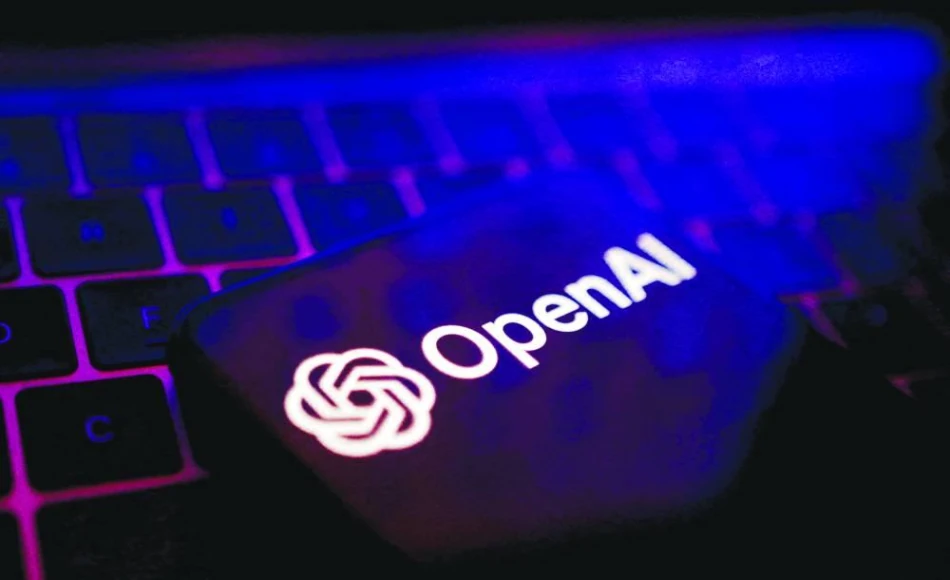
OpenAI Acquires Millions of Chips in Artificial Intelligence Arms Race
OpenAI is making massive chip deals worth hundreds of billions of dollars to fuel its AI ambitions, but some investors are getting nervous. The company behind ChatGPT is spending far more than it earns, and the math doesn't seem to add up.
In less than a month, OpenAI committed to buying processors from Nvidia, AMD, and Broadcom with a combined capacity of 26 gigawatts. That's roughly ten million units requiring more electricity than twenty nuclear reactors can generate. Gil Luria from financial consultancy D.A. Davidson noted the startup "will need hundreds of billions of dollars to meet these commitments."
But OpenAI expects only $13 billion in revenue for 2025. The company is losing billions annually and doesn't expect to turn a profit until 2029. When asked how they'll pay for this buying spree, OpenAI declined to comment. CEO Greg Brockman told CNBC about "different mechanisms" but offered no details.
The chip companies aren't talking either. But here's where it gets interesting - these deals involve some unusual financial arrangements. Nvidia will buy $100 billion worth of OpenAI shares over several years, essentially helping fund the chips OpenAI buys from them. This "circular financing" lets suppliers provide customers with ways to buy their own products.
AMD agreed to give OpenAI shares potentially worth tens of billions with no compensation in return. Luria called this "another example of bad behavior," suggesting AMD is desperate to sell its AI chips.
Bernstein analyst Stacy Rasgon wrote that OpenAI's Sam Altman could either derail the global economy for a decade or lead us to the promised land. Right now, nobody knows which way this goes.
Even with OpenAI's $500 billion valuation, raising capital won't cover the full bill. The company will likely need to borrow heavily. Some deals use chips as collateral for loans - a strategy Nvidia plans to use with xAI, OpenAI's competitor.
This approach carries serious risks. Google and Meta, OpenAI's main rivals, generate tens of billions in cash annually. They can fund AI development without these complex financial arrangements.
The recent spending has people talking about speculative bubbles. Many compare it to the late 1990s internet infrastructure boom, when massive investments far exceeded actual usage.
But Harvard finance professor Josh Lerner thinks this time might be different. There's clearly real demand for AI in various forms. CFRA analyst Angelo Zino points out OpenAI shows the strongest growth ever for a software company, with over 800 million weekly ChatGPT users and a rapidly expanding ecosystem.
Brockman said they're working with the chip sector to "find ways to get ahead of the huge expected increase in demand." Zino believes the partnerships make sense because "the problem is insufficient revenue, making traditional financing extremely difficult."
Wall Street hasn't blinked yet. Markets keep betting heavily on leading AI companies, though some investors are starting to question the strategy. As Lerner puts it: "It's a dilemma - what position should we take between future potential and the speculative nature of these expected revenues?"
Most Viewed News

 Omar Rahman
Omar Rahman






